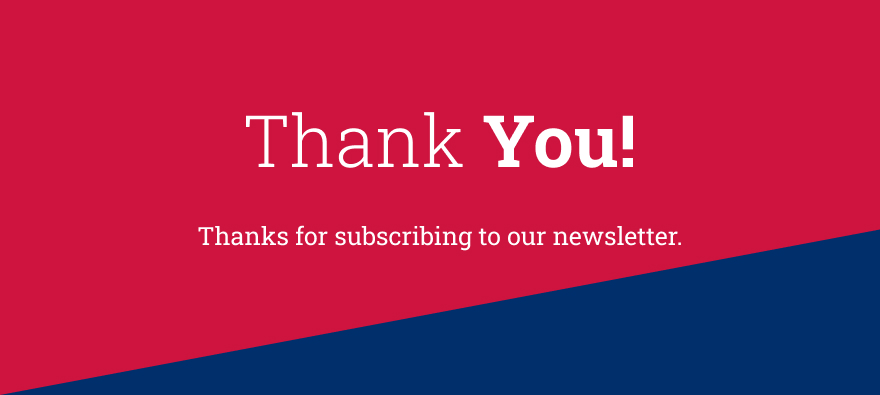
Saral Designs, a Mumbai-based startup, leverages technology and innovative distribution methods to provide access to high quality, affordable menstrual hygiene for underprivileged women. It developed the world’s first fully automatic sanitary pad-making machine, and when the pandemic struck India, the company tweaked the equipment to make and distribute high quality face masks. Today, this improved hybrid technology is being used to not just enable better access to affordable sanitary hygiene, but also to keep communities safe from COVID-19 transmission. The company also provides employment to thousands of women in India, Bhutan, Bangladesh, parts of Africa, and even strife-torn Afghanistan.
At the onset of the second wave of COVID-19 in India, Saral Designs received assistance from the USAID-supported SAMRIDH facility, enabling it to maintain good revenue streams, cash flows and steady sales. This was a significant factor in raising a working capital loan, from a commercial bank, for its expansion plans. In this wide-ranging interview, Suhani Mohan, the co-founder of Saral Designs, reflects on how she overcame barriers to not only scale her production but also break into newer markets.
Q. Women entrepreneurs account for less than 13 per cent of small businesses in India. What, in your opinion, are some of the key factors that inhibit women from running their own ventures?
There are external factors like access to finance, as well as networks for ideating/ hiring/fundraising, and peer/mentor support to brainstorm and navigate through difficult times. While there was a huge gap in access to external support available to men and women, in recent years there has been some improvement owing to women-focused financing schemes, accelerator programs etc. But there are other societal factors which determine how much support a woman will get from her family to let her prioritize business over other roles that a woman has to play – from household chores to motherhood. A lot more advocacy, development of role models, and leadership development work is needed to build the right ecosystem where women entrepreneurs can thrive.
Q. Women entrepreneurs are increasingly resolving social issues using innovative solutions, and studies suggest that female-led countries have performed better in managing the COVID-19 pandemic. What makes women such good problem solvers, and why do we need more of them in leadership roles for social entrepreneurial initiatives?
First, representation matters. When we aim to solve a societal issue but do not have representation from 50 per cent of society, we may spend a lot more resources just to identify a problem, or worse – end up trying to solve an incorrect problem statement. Second, apart from women-specific challenges, the majority of the caregiving work (for children and elders) is still done by women, which give us unique insights into health, education, social and behavior change delivery. This is probably why countries with equal representation among policymakers have been able to find more inclusive solutions to the pandemic.
Q. What motivated you to step into the field of menstrual hygiene and launch Saral Designs?
While volunteering for CSR activities at the investment bank where I used to work, I learned, for the first time, at the age of 23, about the deplorable situation of menstrual hygiene in India. Low-income women would use cloth rags, sand, and husk to manage their periods. I felt disappointed that it never occurred to me that when I spend more than Rs 100 per month to manage my periods, how will a woman whose family earns less than Rs 1,000 per month manage?
I met my co-founder Kartik Mehta in 2014, and after some research, we realized the gap in how sanitary pads were manufactured and distributed, and that we could use our engineering skills to reduce the inefficiencies in the supply chain to make high-quality sanitary pads more affordable and accessible to low-income women. We started Saral Designs in 2015, and created a range of production machines called “Swachh” to produce high-quality sanitary pads, cut distribution costs by decentralizing it, while production costs were cut due to speed and automation.
Q. Could you tell us about your decision to pivot from sanitary pads to making masks? What inspired you to make this shift, what has been the impact so far, and what is your vision for Saral Designs in the long term?
In 2020, when the pandemic first struck, we realized that there was an acute shortage of masks. When we looked at the construction of a 3-ply surgical masks, we realized that the process of making it was similar to that of making a sanitary pad. Our design team quickly started working on design concepts and how we could convert our Swachh – sanitary pad making machine into making masks. With support from the Mahindra Group, we were able to create a 3-ply mask making machine within a week of conceptualization. With support from the Marico Innovation Foundation and the Department of Science and Technology, Govt. of India, we distributed 4 million SITRA certified masks to frontline workers.
Our vision is to enable improvement in well-being through hygiene and health manufacturing solutions. With our unique multi-purpose and modular machines which can produce multiple types of hygiene products, we aim at achieving sustainability for our manufacturers who are leading the fight against COVID-19 by making masks. They can easily switch to making sanitary pads, maternity pads, or panty-liners when the demand for masks subsides.

Q. Many initiatives and alliances have been launched in India to support impact-led entrepreneurs. What role have they played in supporting your vision for Saral Designs?
Yes, there are various programs supporting a variety of impact-led sectors, which help in piloting new innovations and scaling impact as well. In 2021, through SAMRIDH’s support, we were able to run at a production capacity of 1 million masks per month and impacted the lives of 20,000 frontline workers. The support from SAMRIDH helped us in the distribution of face masks to more vulnerable populations which typically get ignored by traditional distribution channels. In July 2018, we received support from the Millennium Alliance (an alliance of USAID, DFID and FICCI) which has helped us take our menstrual hygiene programs and machines to Nepal and Rwanda, impacting 15,000 girls and women from low-income families directly.

